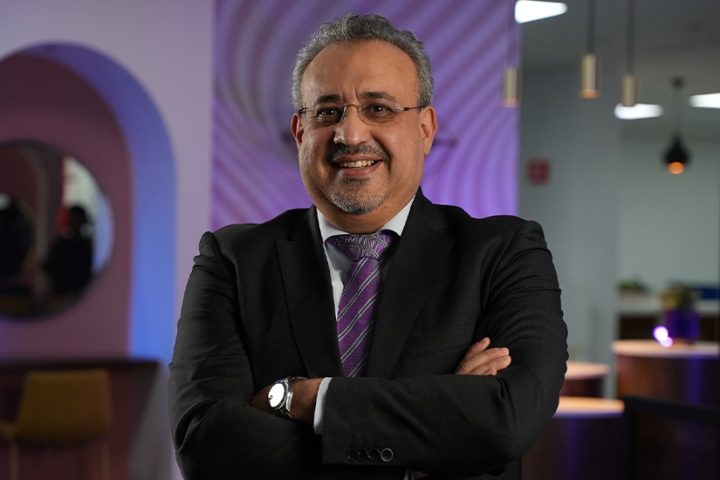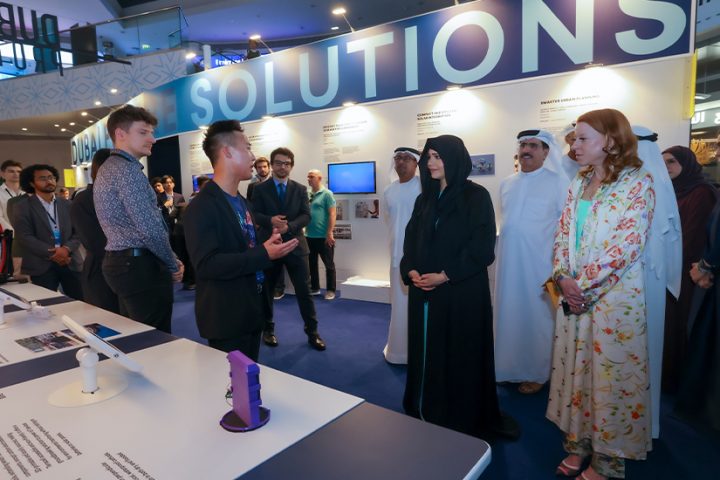The Middle East and Africa (MEA) internet of things (IoT) market is forecast to defy the region’s moderate economic outlook by growing 19.6% year on year in 2017 to total $7.8 billion, according to a recent update to the Worldwide Semiannual Internet of Things Spending Guide from International Data Corporation (IDC). This compares favorably to the healthy 18.1% growth seen in 2016, with IDC attributing the market’s performance to the proliferation of digital transformation initiatives across the region as businesses and government entities strive to boost productivity and improve efficiency.
“The MEA IoT market is becoming increasingly competitive, enabling organizations to source a range of innovative digital solutions aimed at transforming business operations, improving the customer experience, and enhancing employee engagement,” says Wale Babalola, research analyst for telecommunications, IoT, and digital media at IDC MEA. “Indeed, IoT now offers a myriad of industry-specific solutions that can be easily deployed by organizations in a bid to stay ahead of competition.
“IDC expects the manufacturing, transportation, and utilities industries to see the highest levels of IoT-related spending in 2017 as organizations across these verticals look to digitalize their operations and improve their value proposition across different lines of business. The commitment of service providers, application developers, and OEMs to developing purpose built end-to-end IoT solutions is serving as a major driver of the growing adoption we are seeing across the region.”
Manufacturing organizations will lead the way in 2017, with IDC forecasting IoT-related spending of $1.3 billion for this vertical. The transportation industry is also forecast to see IoT-related spending of around $1.3 billion in 2017. IDC forecasts IoT-related spending by MEA utilities to reach $918 million in 2017, with investments around ‘smart grid’ technologies to account for more than 82% of this total. Smart grids are rapidly gaining traction across the region as municipalities increasingly see the value proposition in deploying related solutions in an effort to efficiently distribute resources to their respective end customers.
“Numerous smart city projects are already underway across the region, and the propagation of such initiatives will continue to fuel IoT adoption by both public and private sector organizations,” says Babalola. “Saudi Arabia and the UAE are leading the charge when it comes to smart cities, so it makes sense that these two countries will account for the highest contributions to overall IoT investment in MEA during 2017, with a combined value of more than $1.6 billion.”














